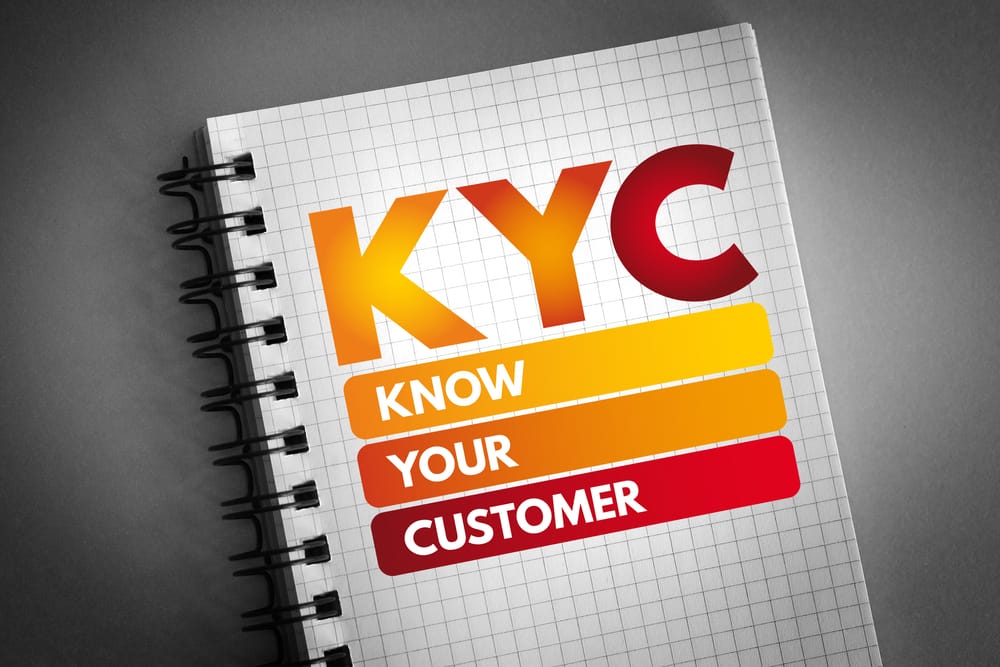Advanced technology is transforming Know Your Customer (KYC) processes, making them more efficient and effective. This article explores innovative tools and technologies that enhance KYC compliance, ensuring accurate customer verification and robust risk management.
Key Technologies Enhancing KYC Compliance
1. Artificial Intelligence (AI) and Machine Learning
Description: AI and machine learning algorithms analyze vast amounts of data to identify patterns and anomalies in customer behavior.
How It Works:
- Data Analysis: AI systems process large datasets to detect unusual patterns.
- Pattern Recognition: Machine learning models identify potential risks and flag suspicious activities.
- Predictive Analytics: Uses historical data to predict future behaviors and risks.
Benefits:
- Efficiency: Automates data analysis, reducing the burden on compliance teams.
- Accuracy: Enhances the accuracy of detecting suspicious activities.
- Proactive Prevention: Identifies potential threats before they escalate.
2. Blockchain Technology
Description: Blockchain provides a secure and transparent ledger for recording transactions, ensuring data integrity and reducing fraud.
How It Works:
- Immutable Ledger: Transactions are recorded in a decentralized ledger that cannot be altered.
- Smart Contracts: Automate compliance checks and enforce contractual obligations.
- Traceability: Provides a transparent trail of transactions for auditing purposes.
Benefits:
- Security: Protects against data tampering and fraud.
- Transparency: Enhances transparency and accountability in financial transactions.
- Efficiency: Streamlines compliance processes through automation.
3. Biometric Verification
Description: Biometric verification uses unique biological traits, such as fingerprints and facial recognition, to verify customer identities.
How It Works:
- Biometric Data Capture: Collects biometric data during the customer onboarding process.
- Verification Process: Compares captured data against stored records to verify identity.
- Continuous Monitoring: Uses biometric data for ongoing customer verification.
Benefits:
- Security: Provides a high level of security by using unique biological traits.
- User Convenience: Simplifies the verification process for customers.
- Fraud Prevention: Reduces the risk of identity theft and fraudulent activities.
4. Advanced Analytics
Description: Advanced analytics tools analyze large datasets to uncover insights and detect financial crimes.
How It Works:
- Data Integration: Combines data from various sources, including internal systems and external databases.
- Real-Time Analysis: Analyzes data in real-time to detect suspicious activities.
- Visualization Tools: Uses visualization tools to present data in an easily understandable format.
Benefits:
- Comprehensive Insights: Provides a holistic view of customer activities and potential risks.
- Timely Detection: Identifies suspicious activities in real-time, allowing for prompt action.
- Informed Decision-Making: Supports decision-making with data-driven insights.
5. Digital Identity Verification
Description: Digital identity verification uses digital methods to verify customer identities quickly and accurately.
How It Works:
- Document Scanning: Scans and verifies identity documents using optical character recognition (OCR).
- Facial Recognition: Matches customer photos with their ID documents using facial recognition technology.
- Database Checks: Cross-references customer information with global databases for verification.
Benefits:
- Speed: Reduces the time required for identity verification.
- Accuracy: Minimizes errors by automating the verification process.
- Scalability: Handles large volumes of verification requests efficiently.
Implementing Advanced KYC Technology
1. Integrate Technology with Existing Systems
Description: Ensure seamless integration of advanced KYC technology with existing compliance systems.
How It Works:
- API Integration: Use APIs to connect new technologies with existing systems.
- Data Compatibility: Ensure data formats are compatible across systems.
- User Training: Train employees on how to use new technologies effectively.
Benefits:
- Seamless Operations: Ensures smooth operations and minimal disruptions.
- Enhanced Efficiency: Improves efficiency by integrating advanced technologies with current systems.
- User Adoption: Encourages user adoption through effective training.
2. Regularly Update and Maintain Technology
Description: Keep KYC technologies updated to ensure they remain effective and secure.
How It Works:
- Software Updates: Regularly update software to incorporate the latest features and security patches.
- System Maintenance: Conduct regular maintenance to ensure systems are functioning correctly.
- Continuous Improvement: Implement feedback mechanisms to improve technology usage.
Benefits:
- Security: Protects against emerging threats and vulnerabilities.
- Efficiency: Ensures technologies remain efficient and effective.
- Compliance: Maintains compliance with evolving regulatory requirements.
3. Leverage Technology for Enhanced Customer Experience
Description: Use advanced KYC technology to enhance the customer experience by simplifying and speeding up the verification process.
How It Works:
- User-Friendly Interfaces: Design user-friendly interfaces for KYC processes.
- Real-Time Verification: Implement real-time verification to speed up the process.
- Customer Support: Provide robust customer support for any issues related to KYC processes.
Benefits:
- Customer Satisfaction: Enhances customer satisfaction by simplifying the verification process.
- Efficiency: Speeds up onboarding and verification, reducing wait times.
- Security: Ensures a secure verification process, building customer trust.
Advanced KYC technology is transforming compliance practices, making them more efficient and effective. Key technologies such as AI, blockchain, biometric verification, advanced analytics, and digital identity verification enhance the accuracy and speed of KYC processes. By integrating these technologies, maintaining their effectiveness, and leveraging them to enhance customer experience, financial institutions can ensure robust KYC compliance. Embracing advanced KYC technology is essential for staying ahead in the evolving regulatory landscape and protecting against financial crimes.





